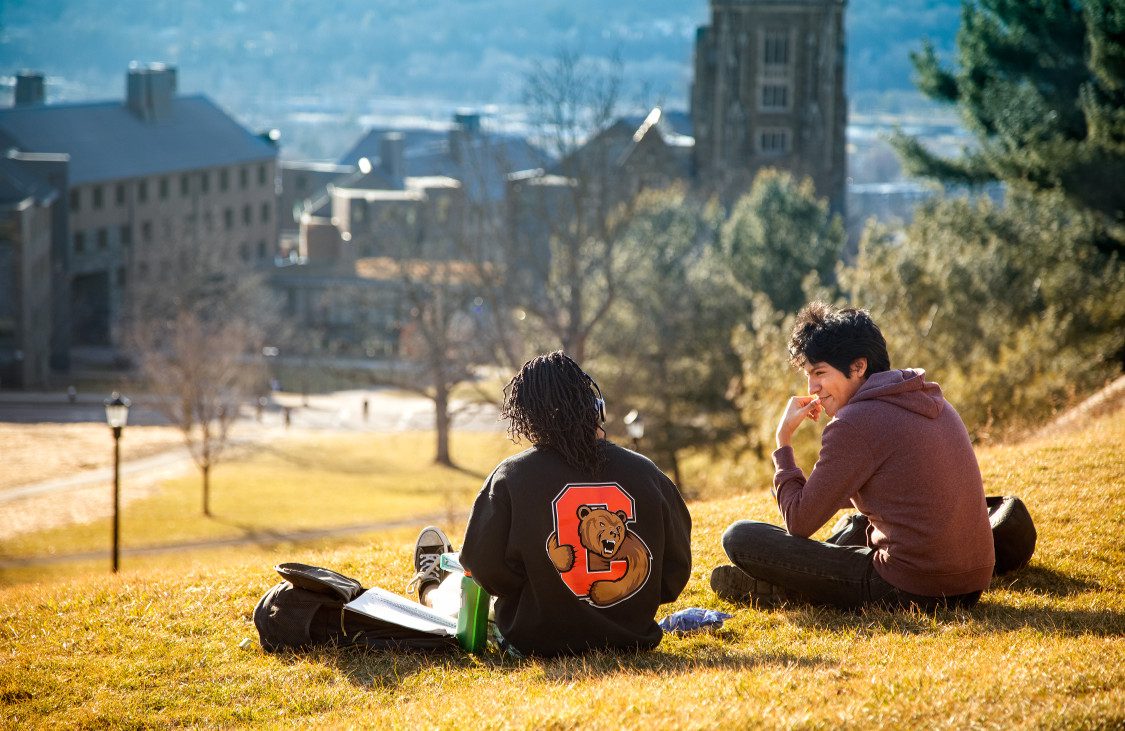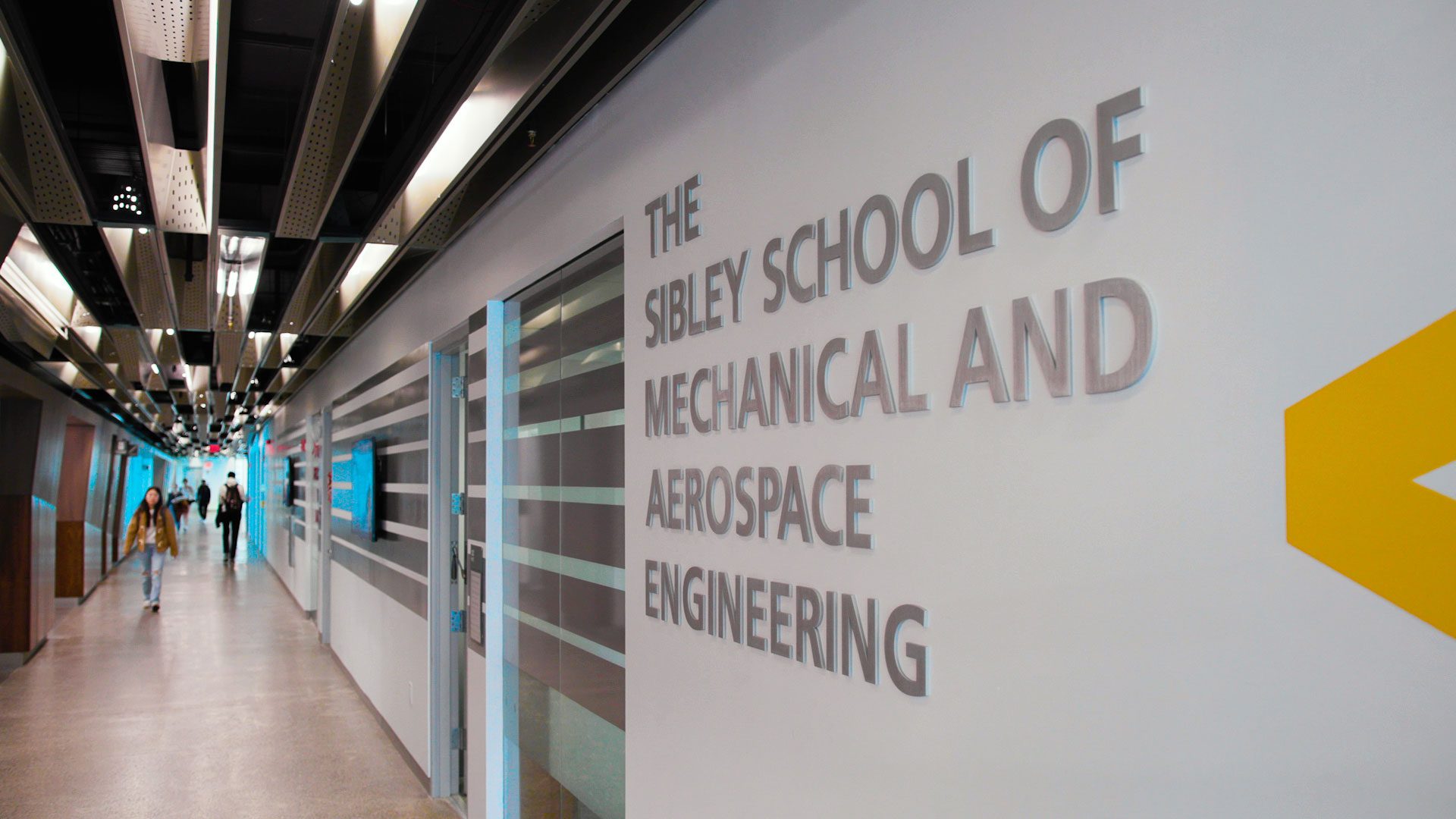Current research topics include solid mechanics (modeling of manufacturing processes, quantitative ultrasonic and acoustic emission techniques, fracture mechanics, composite materials, mechanics of human-powered vehicles, nonlinear elasticity); fluid mechanics (granular materials, strongly swirling flows); dynamics and space mechanics (evolution of the solar system, planetary rings, and rotation of celestial bodies, qualitative analysis of dynamic problems in nonlinear mechanics, bifurcations, chaos); and biomechanics and biomathematics (respiration of plants, how fishes swim).
All students are required to minor in at least one subject from a field outside of Theoretical and Applied Mechanics. Frequently selected minors are aerospace engineering, applied mathematics, applied physics, astronomy, electrical and computer engineering, geophysics, materials science, mathematics, mechanical engineering, physics, and structural engineering.
Major Subject and Concentrations
The major subject for all students in the field of Theoretical and Applied Mechanics is Theoretical and Applied Mechanics. The major concentration must be one of the following:
- Dynamics and Space Mechanics
- Fluid Mechanics
- Mechanics of Materials
- Solid Mechanics
The graduate school has specific definitions for subjects and concentrations, which do not exactly match common usage. Typically, what are referred to as subjects or subject areas map to the graduate school’s concentrations. For the majority of fields, there is only one subject, and so graduate school ‘subjects’ can usually be treated as synonymous with graduate fields. The remainder of this document will adopt the graduate school’s nomenclature.
Teaching Experience
Two semesters of teaching experience are required of all Ph.D. students. This requirement is usually fulfilled through Teaching Assistantships. International students whose native language is not English are required to undergo screening by the International Teaching Assistant Development Program and may be required to take courses in English and pedagogy before assuming TA duties. Cornell Engineering requires all teaching assistants to participate in TA Training offered by the College. In exceptional circumstances, students may petition the Director of Graduate Studies for a reduction in the required amount of teaching experience.
Ph.D. students on a three-year or longer fellowship may satisfy the teaching requirement by serving one semester as a TA and performing an additional qualified teaching activity. A qualified teaching activity shall be approved by the director of graduate studies and Special Committee chair, must involve teaching technical material to a group and involve at least 15 contact hours.

-
Location
Cornell is located in the beautiful New York Finger Lakes region with an abundance of outdoor activities, natural beauty and thriving restaurant and brewery scene. Ithaca is also within easy driving distance of New York City, Boston, Philadelphia and Washington, D.C.
